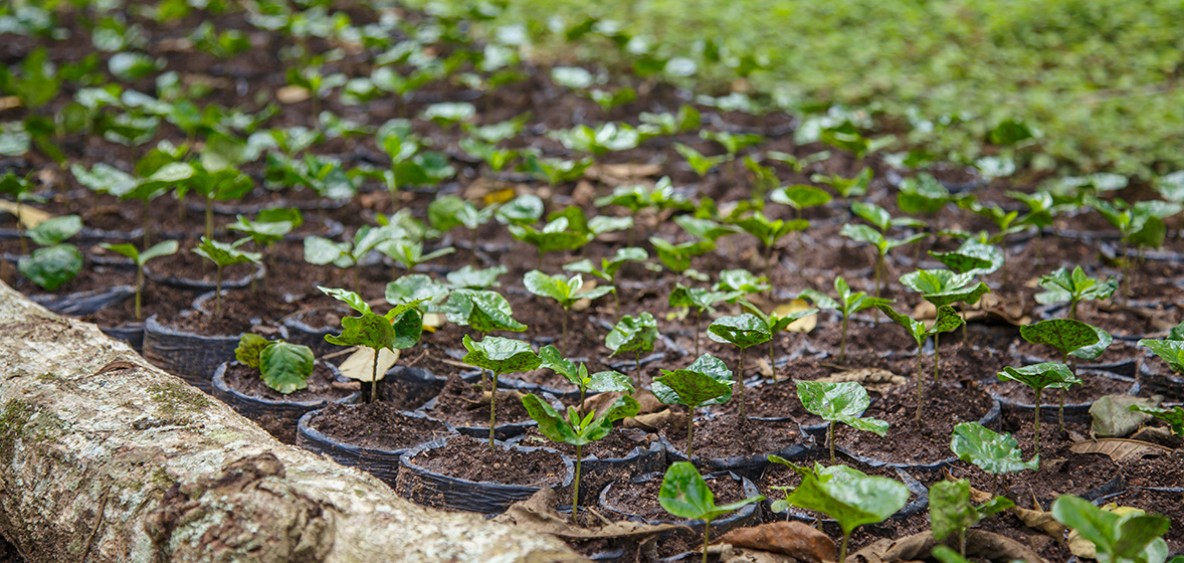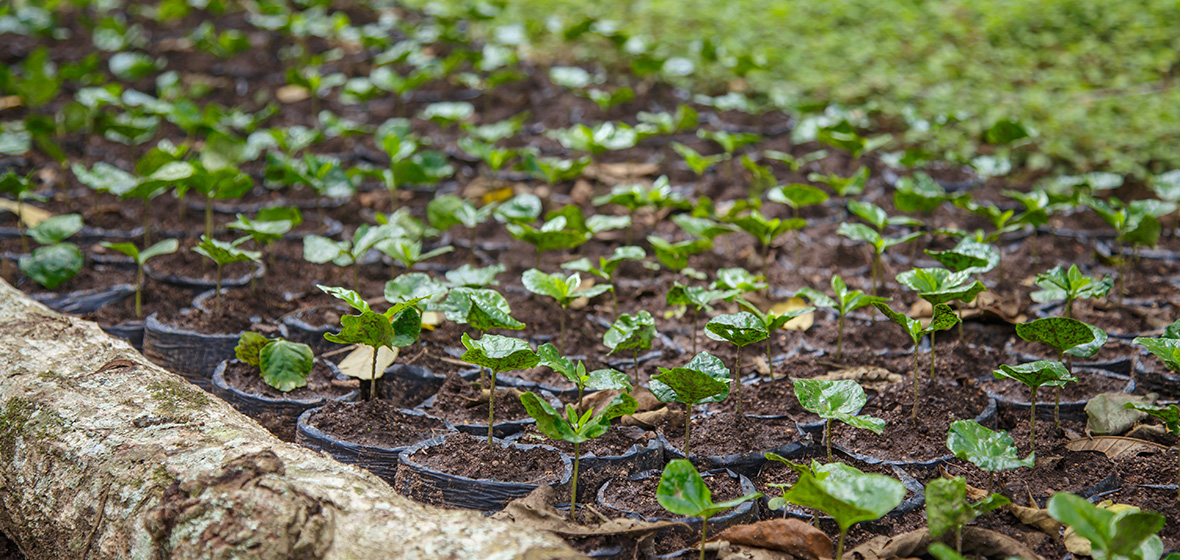
Participants involved in the RFS Ethiopia project attended a two-day workshop to review major achievements and challenges on project implementation, and to facilitate learning and exchange.
The RFS Ethiopia project seeks to enhance the long-term sustainability and resilience of food production systems in six regions of the country, with the ultimate aim of improving food security and enhancing livelihoods. Smallholder farmers in Ethiopia are challenged by highly degraded land, soil erosion, and loss of soil fertility. Implemented by UNDP, the RFS project promotes the adoption of good agricultural and land management practices to restore degraded land, increase the resilience of ecosystems, and improve ecosystem functioning.
On 22-23 July 2019, the project team held a progress review workshop with participants in Dugna-Fango. Five participants from each district attended, as well as the head of the regional Environment, Forestry and Climate Change Bureau and the national project steering committee. The objectives of the workshop were to review major achievements and challenges on project implementation, as well as to facilitate learning and exchange between representatives of each district.
Participants at the workshop highlighted a number of challenges that their districts face, namely high turnover of district-level officials and complicated and time-consuming government procurement processes that prevent their projects from getting off the ground. However, the exchange between various districts provided insight into key lessons that can help districts overcome these barriers, such as:
The workshop included a field visit to various project sites in Dugna-Fango. Participants visited land rehabilitation sites, witnessed household-level food security and income generation activities, and observed the utilisation of new clean energy technologies in communities. They also visited a local school environmental club that planted tree seedlings within their school compound. One of the objectives of the RFS Ethiopia project is to organise three environmental school clubs that will plant a total of 9000 seedlings within their respective school grounds. The visit to the school in Dugna-Fango provided insight into an effective model for successfully implementing a reforesting initiative within a school setting.

Participants also visited a women’s self-help group that started a successful small-scale enterprise selling butter. The district-level gender team in Dugna-Fango has been working to raise awareness among community members and encourage female involvement in all project activities. As a result, 20 women’s groups with a total of 225 female members have been organized and are working on small-scale business activities, including selling butter, trading grain, and tailoring.
By seeing best practice examples first-hand in Dugna-Fango, project implementors from other districts were able to learn from the integrated landscape management solutions that were successful in environments similar to their own. The hope is that these successful models can be replicated or adapted in other districts.
Subscribe to our monthly newsletter to receive updates on stories directly from the field across all our projects, upcoming events, new resources, and more.